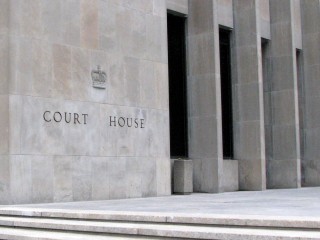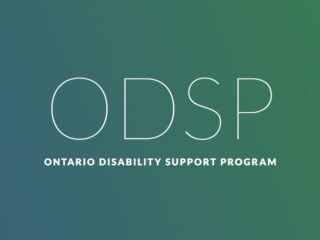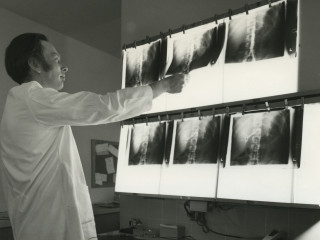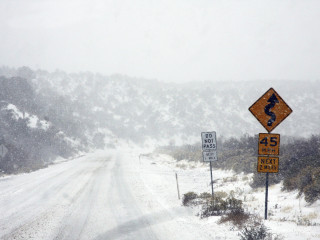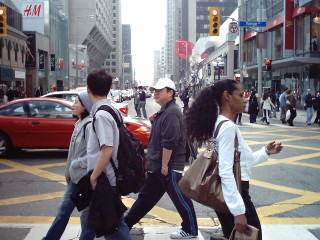The Court of Appeal provided some helpful guidance on expert evidence and the striking of juries in the recent decision of St. Marthe v. O’Connor, 2021 ONCA 790.
The plaintiff was injured in a motor vehicle accident on November 9, 2011. He suffered soft tissue injuries that led to chronic pain and prevented him from working in the construction industry. The trial judge found in his favour and awarded $205,662 in damages plus costs and disbursements.
There were two issues on the appeal. The first dealt with the admissibility of expert evidence from one of the plaintiff’s accident benefits assessors. As part of its case, the plaintiff led evidence from an orthopedic surgeon, Dr. Mussett, who was retained by the AB insurer. In cross-examination, defending counsel cross-examined Dr. Mussett in a manner that required him to comment on matters not contained within his report (and in particular, about his ability to work). Plaintiff’s counsel objected to the questioning (which was upheld by the trial judge) and later brought a motion to strike the jury based on the prejudice suffered by the plaintiff in the eyes of the jury (the second issue on appeal). The trial judge granted the motion and finished the trial as a judge sitting alone. He awarded damages to the plaintiff in the amount of $205,662 plus costs and disbursements. The insurer appealed.
In dismissing the appeal, the Court of Appeal re-affirmed the following principles of expert evidence:
- An expert retained by a party (i.e. a litigation expert) must, among other things, provide a report that sets out the expert’s opinion and anticipated testimony
- In this respect, litigation experts are different than non-party experts (i.e. experts not retained by a party but who have special skill, knowledge, training or experience to give opinion evidence as long as the opinion is given as part of their participation in the case and was disclosed to the other party)
- If opinion evidence of a non-party expert goes beyond the witness’ participation in a particular case and was not formed while observing material events, that expert must comply with the requirements in Rule 53
- It is not an error for a trial judge to prevent a non-party expert from giving opinion evidence that goes beyond the expert’s participation and comments in their report if that opinion was not disclosed well in advance of trial
- On top of the above principles, trial judges must still apply the White Burgess criteria for the admission of expert evidence
In this case, the Court of Appeal found that Dr. Mussett was never asked to assess the plaintiff’s ability to return to work. Rather, for the first time at trial, defending counsel sought opinion from Dr. Mussett that the plaintiff’s condition was not disabling. Compounding this attempt was the fact that, by the time of trial, Dr. Mussett had not seen the plaintiff in four years and had not reviewed updated medical records. His evidence on the plaintiff’s ability to work, therefore, was not only in violation of Rule 53, but its prejudicial effect far outweighed its probative value. Because of the importance of this issue to the plaintiff’s case, the prejudice was that much higher.
On the second issue on appeal, the Court also upheld the trial judge’s decision to discharge the jury. It re-affirmed basic principles concerning the striking of juries and that discharging a jury is a ‘drastic remedy’. That said, it also agreed with the trial judge in this case that:
- Dr. Mussett was an impressive witness whose evidence “would have had a significant impact” on the jury
- He was seen as a neutral non-party expert, who, at least in part, supported the plaintiff in other areas, which would have added to his credibility about the extent of the plaintiff’s disability and employability
- There was no advance warning that the defendant would solicit opinions beyond the scope of his report. If she had given notice, a voir dire would have been held on the scope and admissibility of his assessment, and the trial judge could have given a mid-trial instruction
- His opinion evidence on cross-examination at trial that the plaintiff could work would have a serious adverse impact on the plaintiff’s central claim for income loss, based on his employability as a construction worker, and
- If the trial judge gave a corrective instruction, it would have to be a strong one, and he would have to comment on the conduct of trial counsel for the appellant. This would be his second instruction about her conduct and might cast the counsel in an unfavourable light with the jury, causing the jury’s view of her for the balance of the trial to be unfairly compromised. The trial judge determined that granting a mistrial would cause significant delay.
On top of these factors, the Court highlighted the need to avoid trial by ambush and that defence counsel had previously been rebuked for conduct, making any further corrective (and further rebuking) instruction prejudicial to her.
In the end, the Court found that the trial judge properly exercised his discretion to strike the jury and dismissed the appeal. This decision is very helpful as it will allow plaintiffs’ counsel to restrict the cross-examination of treating professionals on hypothetical situations and prognostications that exceed their participation in the case.
The trial was conducted by OTLA members, Ted Bergeron and Warren WhiteKnight of Bergeron Clifford LLP, while the appeal was defended by OTLA members, Jim Vigmond, Brian Cameron and Liane Brown of Oatley Vigmond LLP.
